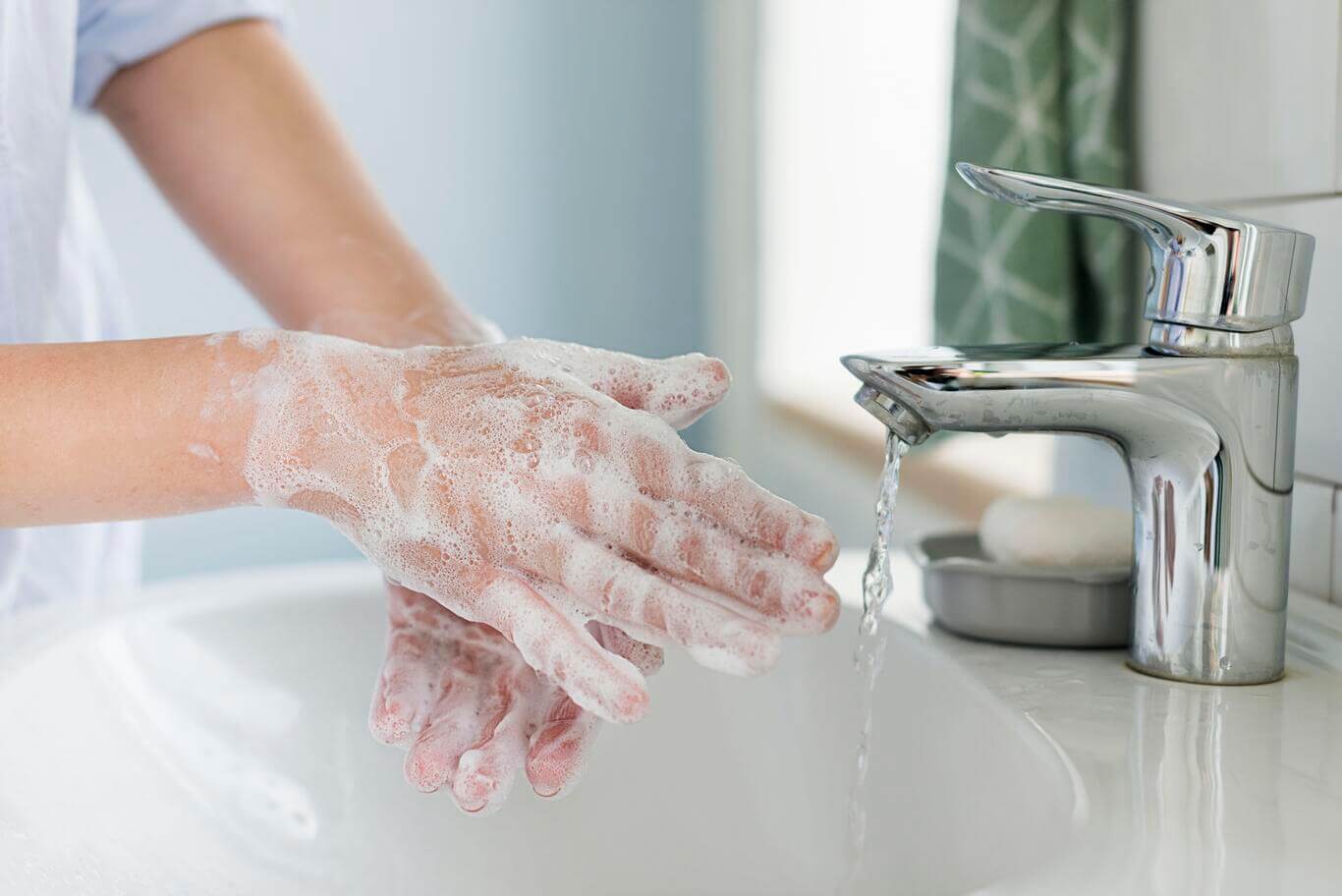
Antibacterial Hand Washes in the Australian Hospitality Industry: Ensuring Safety and Cleanliness
Greetings from South Australia! Whether you're running a bustling café in Adelaide or a high-end restaurant in Melbourne, ensuring the cleanliness and safety of your establishment is paramount. One key aspect often overlooked is the role of antibacterial hand washes in maintaining high hygiene standards. This article will delve into the importance of antibacterial hand washes, particularly in the hospitality industry, and how they can help create safer environments for both staff and guests.
The Role of Antibacterial Hand Washes: A Closer Look
There's been a longstanding debate about the effectiveness of antibacterial hand washes compared to regular soap. While regular soap does an admirable job, antibacterial hand washes contain specific ingredients designed to kill bacteria more effectively. In a hospitality setting, where staff constantly interact with food and equipment, the minimal edge that antibacterial washes offer can make a difference in maintaining cleanliness standards.
Antibacterial Hand Washes: What Makes Them Tick?
At their core, antibacterial hand washes are equipped with active ingredients like benzalkonium chloride. This compound works by disrupting the cell membranes of bacteria, causing their contents to leak out and, ultimately, the bacteria to die. Additionally, many antibacterial hand washes are enriched with moisturizing agents such as aloe vera and glycerin to counteract the drying effects of frequent washing. This is crucial in the hospitality industry where staff are required to wash hands frequently during shifts.
Why Hospitality Businesses Should Care
For those of us in the hospitality industry, maintaining an immaculate venue is not just about aesthetics; it's about safety and trust. Your patrons expect a hygienic environment, and in this regard, regular use of antibacterial hand washes can play a significant part. Here’s why:
- Guest Safety: High-touch surfaces and frequent staff-guest interactions pose a greater risk of bacterial transfer. Regular hand washing using antibacterial agents helps curb this potential issue.
- Enhanced Guest Experience: Patrons are increasingly conscious of hygiene standards, especially in the post-pandemic era. Demonstrating a commitment to safety can enhance your business’s reputation.
- Regulatory Compliance: Many states in Australia mandate strict hygiene practices for food handling businesses. Regular use of antibacterial hand washes can help meet these health directives.
It’s Not Just About Antibacterial: Technique Matters
While the choice of hand wash is important, how you wash your hands holds equal weight. To ensure optimal hygiene, hospitality staff should adhere to proper hand washing techniques:
- Wet hands with clean, running water.
- Apply a generous amount of antibacterial hand wash.
- Scrub all areas of the hands, including between fingers and under nails, for at least 20 seconds.
- Rinse thoroughly with water.
- Dry with a clean towel or air dryer.
Encouraging regular and thorough hand washing amongst staff can significantly uplift your venue’s hygiene standards, reducing the risk of germ transmission.
Antibacterial Hand Washes: Myths vs. Realities
Let’s address some common misconceptions that might be swirling around about antibacterial hand washes:
- Not a Cure-all: While effective against bacteria, antibacterial hand washes aren’t as effective against viruses. Therefore, they shouldn't be solely relied upon to prevent the spread of viral illnesses.
- Residue Concerns: Some fear that frequent use may leave harmful residues. However, reputable products are thoroughly tested to ensure safety and efficacy.
- Antibiotic Resistance: There’s concern that usage may contribute to antibiotic resistance. While ongoing research is assessing this, current studies suggest minimal impact when used responsibly in non-medical settings.
The Environmental Consideration
One can't discuss hygiene without considering its environmental impact. While alcohol-based hand sanitizers are an alternative, their efficacy is contingent on proper use—something not easily monitored in a bustling hospitality venue. Hence, a commitment to using eco-friendly antibacterial hand washes can show patrons your dual dedication to cleanliness and sustainability.
Antibacterial Hand Washes and Your Brand Image
In today's competitive hospitality landscape, patrons are spoilt for choice, and their decision often boils down to perceived hygiene standards. Seeing staff practice excellent hygiene by using antibacterial hand washes can enhance your brand image, assuring guests of your commitment to safety.
Making the Investment
Investing in high-quality antibacterial hand washes is an investment in your brand. It’s about striving for excellence in every possible dimension—from the food on the plate to the cleanliness staff demonstrate.
Enjoying These Benefits
Let's look at Johnny’s Bar in the heart of the Adelaide CBD as an example—a venue renowned for its vibrant atmosphere. Since implementing a rigorous hand hygiene protocol featuring antibacterial hand washes, Johnny’s has seen a noticeable uplift in patronage, a testament to increased consumer trust in hygiene standards.
Wrapping It Up: The Takeaway for Australian Hospitality
Whether you're managing a pub or a luxe dining experience, recognising the importance of optimal hand hygiene using antibacterial hand washes can't be overstated. While regular soap may suffice for everyday use, the antibacterial option offers additional peace of mind—something invaluable in the Australian hospitality industry.
As we continue navigating a world ever-aware of health and safety responsibilities, maintaining the highest hygiene standards can propel your business towards continued success. So, next time you're restocking hand wash supplies, consider the slight edge antibacterial options offer—and let cleanliness, safety, and guest satisfaction set the standard in your establishment.
